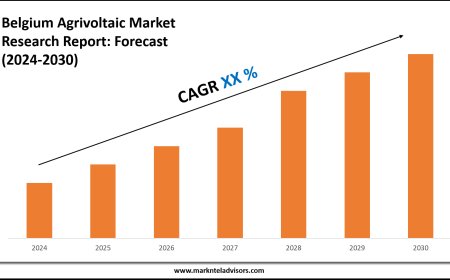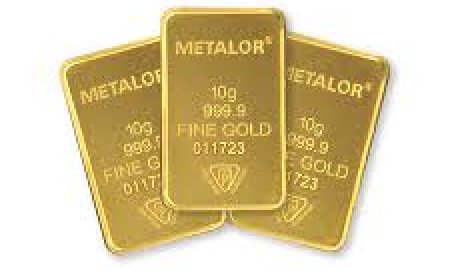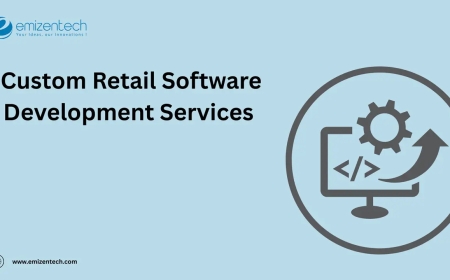The Manufacturer’s Guide to Chemical Contract Manufacturing and Liquid Packaging Solutions
In the competitive landscape of manufacturing, companies often seek ways to optimize their production processes and reduce costs. One effective strategy is to utilize chemical contract manufacturing and liquid packaging solutions. These services allow manufacturers to focus on their core competencies while outsourcing specialized tasks to experts. This guide will explore the essentials of chemical contract manufacturing and liquid packaging, helping manufacturers make informed decisions for their operations.
Understanding Chemical Contract Manufacturing
Chemical contract manufacturing involves contract packaging the production of chemical products to a third-party manufacturer. This arrangement allows companies to leverage the expertise and resources of specialized manufacturers, ensuring high-quality products while minimizing operational costs.
Benefits of Chemical Contract Manufacturing
- Cost Efficiency: By outsourcing production, manufacturers can save on labor, equipment, and facility costs. This approach allows companies to allocate resources more effectively.
- Access to Expertise: Contract manufacturers often have specialized knowledge and experience in chemical blending and production processes. This expertise can lead to better formulations and improved product quality.
- Scalability: Contract manufacturing provides flexibility in production capacity. Companies can easily scale production up or down based on market demand without the need for significant investments in infrastructure.
The Role of Liquid Packaging Solutions
Liquid packaging solutions are essential for ensuring that chemical products are safely and efficiently packaged for distribution. Proper packaging not only protects the product but also enhances its marketability.
Key Aspects of Liquid Packaging Solutions
- Types of Packaging: Liquid products can be packaged in various formats, including bottles, drums, pails, and bulk containers. The choice of packaging depends on the product's characteristics and intended use.
- Material Selection: The packaging material must be compatible with the chemical product to prevent contamination or degradation. Common materials include plastic, glass, and metal.
- Labeling and Compliance: Proper labeling is crucial for regulatory compliance and consumer safety. Packaging must include necessary information such as product ingredients, safety warnings, and handling instructions.
Choosing the Right Contract Manufacturer
Selecting the right contract manufacturer for chemical blending and liquid packaging is critical for success. Here are some factors to consider when making your choice.
1. Experience and Expertise
Look for a contract manufacturer with a proven track record in the chemical industry. Their experience can provide valuable insights and ensure high-quality results.
- Industry Knowledge: A manufacturer familiar with your specific industry will understand the unique challenges and requirements of your products.
- Technical Capabilities: Ensure that the manufacturer has the necessary equipment and technology to handle your specific chemical blending and packaging needs.
2. Quality Control Standards
Quality control is essential in chemical manufacturing. A reliable contract manufacturer should have robust quality control measures in place to ensure that products meet industry standards.
- Certifications: Look for manufacturers with relevant certifications, such as ISO or GMP. These certifications indicate a commitment to quality and safety.
- Testing Procedures: Inquire about the manufacturers testing procedures for raw materials and finished products. Regular testing helps identify and address potential issues before they affect the final product.
3. Flexibility and Scalability
Choose a contract manufacturer that can adapt to your changing production needs. Flexibility is crucial for meeting market demands and responding to fluctuations in order volume.
- Production Capacity: Ensure that the manufacturer can scale production up or down based on your requirements. This capability allows you to respond quickly to market changes.
- Customization Options: A good contract manufacturer should offer customization options for formulations and packaging to meet your specific needs.
The Process of Chemical Contract Manufacturing
Understanding the process of chemical contract manufacturing can help manufacturers navigate their partnerships more effectively. Heres a general overview of the steps involved.
1. Initial Consultation
The process begins with an initial consultation between the manufacturer and the contract manufacturer. During this meeting, both parties discuss project requirements, timelines, and expectations.
- Define Objectives: Clearly outline your goals for the project, including desired product specifications and production volumes.
- Discuss Formulations: Share any existing formulations or specifications that the contract manufacturer will need to follow.
2. Sample Production
Once the objectives are defined, the contract manufacturer will typically produce samples for approval. This step allows you to evaluate the product before full-scale production begins.
- Review Samples: Assess the quality and consistency of the samples. Provide feedback to the manufacturer for any necessary adjustments.
- Finalize Formulations: Once you are satisfied with the samples, finalize the formulations and production plans.
3. Full-Scale Production
After the samples are approved, the contract manufacturer will proceed with full-scale production. This phase involves blending the chemicals and packaging the final product.
- Quality Control Checks: Throughout the production process, the manufacturer should conduct regular quality control checks to ensure that the product meets specifications.
- Packaging and Labeling: Once the product is blended, it will be packaged according to your specifications, including labeling for compliance and marketing purposes.
4. Delivery and Distribution
After production and packaging are complete, the finished products will be delivered to your facility or directly to customers, depending on your distribution strategy.
- Logistics Coordination: Work with the contract manufacturer to coordinate logistics and ensure timely delivery of the products.
- Inventory Management: Implement an inventory management system to track stock levels and manage reorders effectively.
Conclusion
Chemical contract manufacturing and liquid packaging solutions offer manufacturers a strategic way to optimize production processes and enhance product quality. By outsourcing these specialized tasks, companies can focus on their core competencies while benefiting from the expertise of contract manufacturers. When choosing a partner, consider factors such as experience, quality control standards, and flexibility. Understanding the process of chemical blending and packaging will also help you navigate your partnership effectively. By leveraging these services, manufacturers can improve efficiency, reduce costs, and ultimately drive business growth.









































